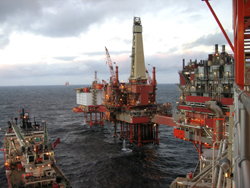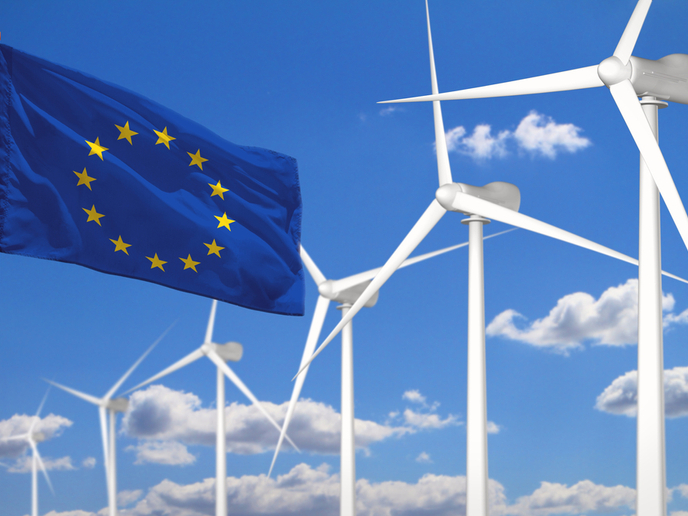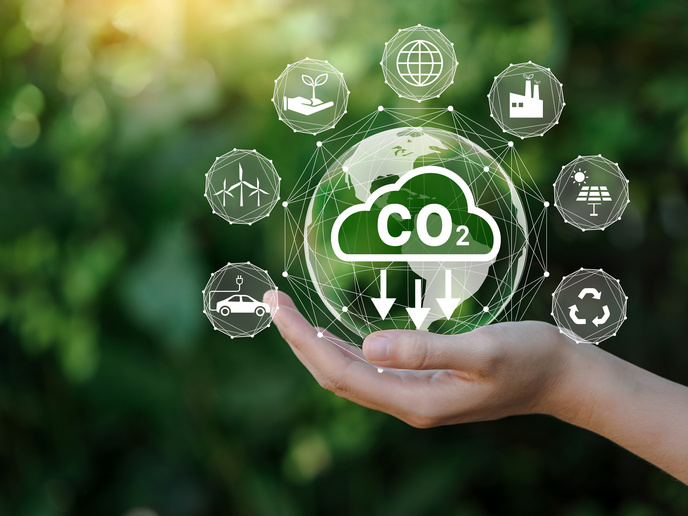Relaying offshore industry sustainability credentials
TRENDS-2 is the name that has been given to an EU backed initiative which brings together industry players and other stakeholders in order to facilitate the development of a sustainable, clean, safe and secure energy supply in the EU. Through the development of this network, key players are able to bring to the fore industry standards and objectives, with the goal of making European energy supply more environmentally sound in the present and future. The TRENDS-2 teams set up a meeting for the European offshore industry in order to facilitate stakeholder dialogue. Apart from allowing for networking opportunities, this meeting had, as its key message, the enhancement of sustainability and competitiveness in supplying energy from European waters. There was also discussion of the scope for applying new developments in offshore oil and gas supply to renewable sources of energy. Top priorities for the industry were identified. These included maximising production from existing oil and gas fields and decommissioning existing platforms and pipelines at the end of their productive lives. Other key themes for the offshore business were the exploitation of Arctic and deep-water fields, the development of wave energy, enhancing supplies of offshore wind energy and the utilisation of depleted reservoirs for the storage of carbon dioxide trapped from the combustion of fossil fuels. The main result of the meeting seemed to be the need for improved communication. Recommendations ensued. These were that new ways of establishing formal processes for sharing good practice be identified, also that further case studies of the business benefits of effective stakeholder dialogue be conducted. The possibility for the development of a model outlining an approach to successful joint working arrangements that would help to improve and broaden stakeholder input was also discussed.







